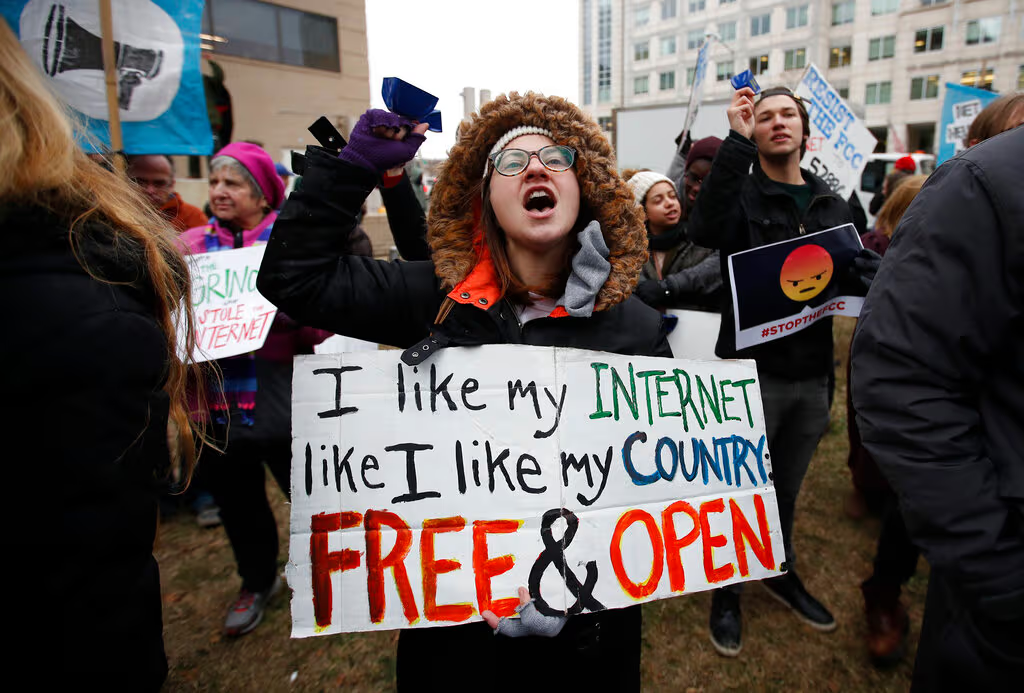
Fani Willis Comes Under Fire as Georgia’s GOP Lawmakers Plan Sweeping Restrictions Following Her Failed Prosecution of Trump
By A.R. HOFFMAN
|‘A gaggle of Beltway partisans and activists’ have made net neutrality ‘a civic religion,’ the former FCC Chairman, Ajit Pai, tells the Sun.

Already have a subscription? Sign in to continue reading
$0.01/day for 60 days
Cancel anytime
By continuing you agree to our Privacy Policy and Terms of Service.

By A.R. HOFFMAN
|
By LUKE FUNK
|
By NOVI ZHUKOVSKY
|
By BRADLEY CORTRIGHT
|
By LUKE FUNK
|
By DONALD KIRK
|
By BRADLEY CORTRIGHT
|
By BERNARD-HENRI LÉVY
|